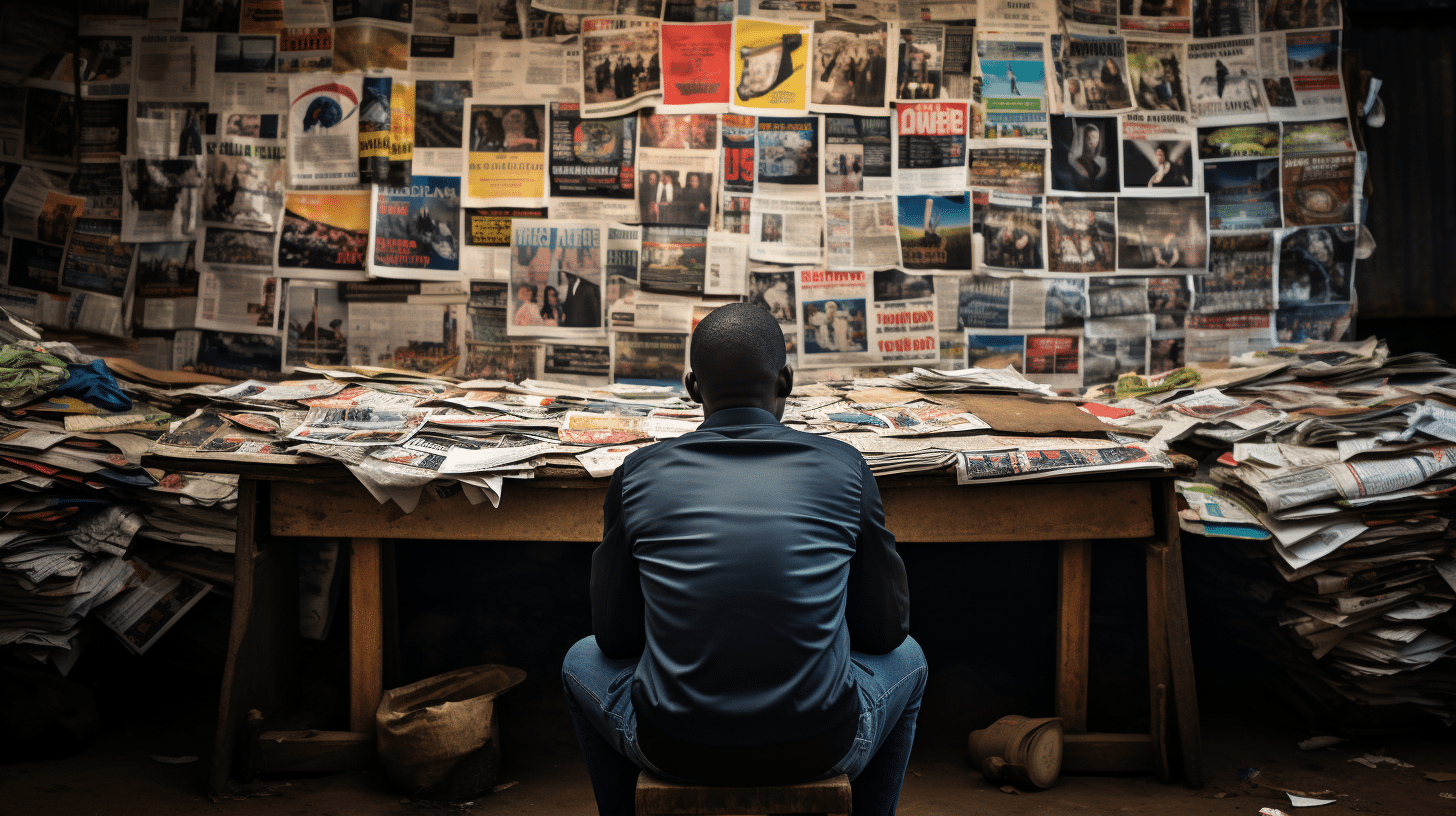This discussion focuses on why Investigative journalism has been regarded as one of the most challenging and yet rewarding branches of media. It’s going to look at challenges including; capacity, legal regime, ethics, economies, witness protection and the rewarding part that includes it contributing to an open and accountable society, contributing to good governance, promoting speech and democracy and personal improvement.
Investigative journalism refers to the indepth, long term research and reporting of new information that an individual or organization wants to keep secret (North more)
An investigative journalist is a man or woman whose profession is to discover the truth, identify what is relevant and report it in whichever media available.
The challenges facing investigative journalism range from; Capacity-this type of work requires a lot of funding because it is resource intensive but you find that in Kenya, few media houses are willing to finance a journalist to carry out the simplest of stories where as in the developed world, journalists can even make up to three air trips in a week or more in a week while following a story and its all on the media house.
North more identifies three basic elements of journalism; it’s the work of a reporter and not the report. T his is because the work put in the process of trying to find out the truth is what will bring out the truth and not the report.
The subject of the story involves something of reasonable importance to the audience
Someone somewhere is attempting to hide information from the public.
Secondly, the legal regime that includes laws, constitution, and statutes e.t.c is very prohibiting. just the other day, Kenya was grappling with a new law trying to gag the media and also wanted to give the minister for information power to raid media houses. It also refuses to register journalists as professionals or recognize their union. it also uses libel laws to victimize journalists.
There is also the case of ethics-media ethics in Kenya am sad to report is very low and you will find a journalist forfeiting a good investigative story if the culprit promises to pay more than the employer. Some even use it to blackmail the culprit
Beating deadlines is another stiff challenge facing investigative journalists because sometimes the employer feels that the story is taking too long and due to these pressures, sometimes they are forced to abandon it sometimes while so close to seeing the light of day.
Due to a poor economy, media houses don’t employ enough personnel so there is little or no specialization at all this means that a journalist carrying out an investigative story is supposed to carry out some other duties in the newsroom. Still under the economic strains, media houses can’t acquire tools that can help a journalist operate smoothly an efficiently.
Lack of witness protection policy in the country makes it harder for journalists to access information. They are forced to hide the faces of the witnesses which make the story incredible.
There is also the case of vested interest. A journalist can’t carry out an incriminating story on one of the advertisers with the media company or one of the shareholders. This is because they don’t want to loose the revenue they get from these companies.
The official secrets act also puts a lid on the abilities of the investigative journalist. Some of this information is important to the nation but once it becomes an official secret its regarded as a threat to national security and any journalists who gets hands on to it risks imprisonment.
Nature and importance of the story is another challenge. A story might be seem important to the journalist but might turn out to be irrelevant to the greater population.
Credibility of the media house and the reporter can also affect how the masses take up an investigative story. if it’s biased in it’s ordinary stories, even if it carries a fair story, it will be seen as witch hunting.
Lastly on the challenges, known investigative journalists loose their private life. They are viewed differently and people don’t act normally around them and start looking for hidden cameras. They also lack protection and are even attacked and their equipment destroyed as was the case with Betty Ndindi and Clifford Derrick who has since been exiled
On the other hand, investigative journalism can be very rewarding; to the journalism, the media house and to the society at large.
To the journalist, after doing this for some time, he/she improves his skill and know and can identify good stories with ease and carry them out diligently.
Some good investigative stories are recognized by international bodies and journalists are rewarded heavily, some of the rewards trickling down to the media house and the nation/country gets some credit too.
To the larger community, it enhances good governance and freed speech-giving the common man a voice and demanding accountability from our leaders.
Investigative journalism also sensitizes the public on things going on around them that they would otherwise never know i.e. the case of rogue tracker.
Contributes to an open and accountable society. This is because there will always be that feeling that someone is watching and that is the role of the media.



0 comments